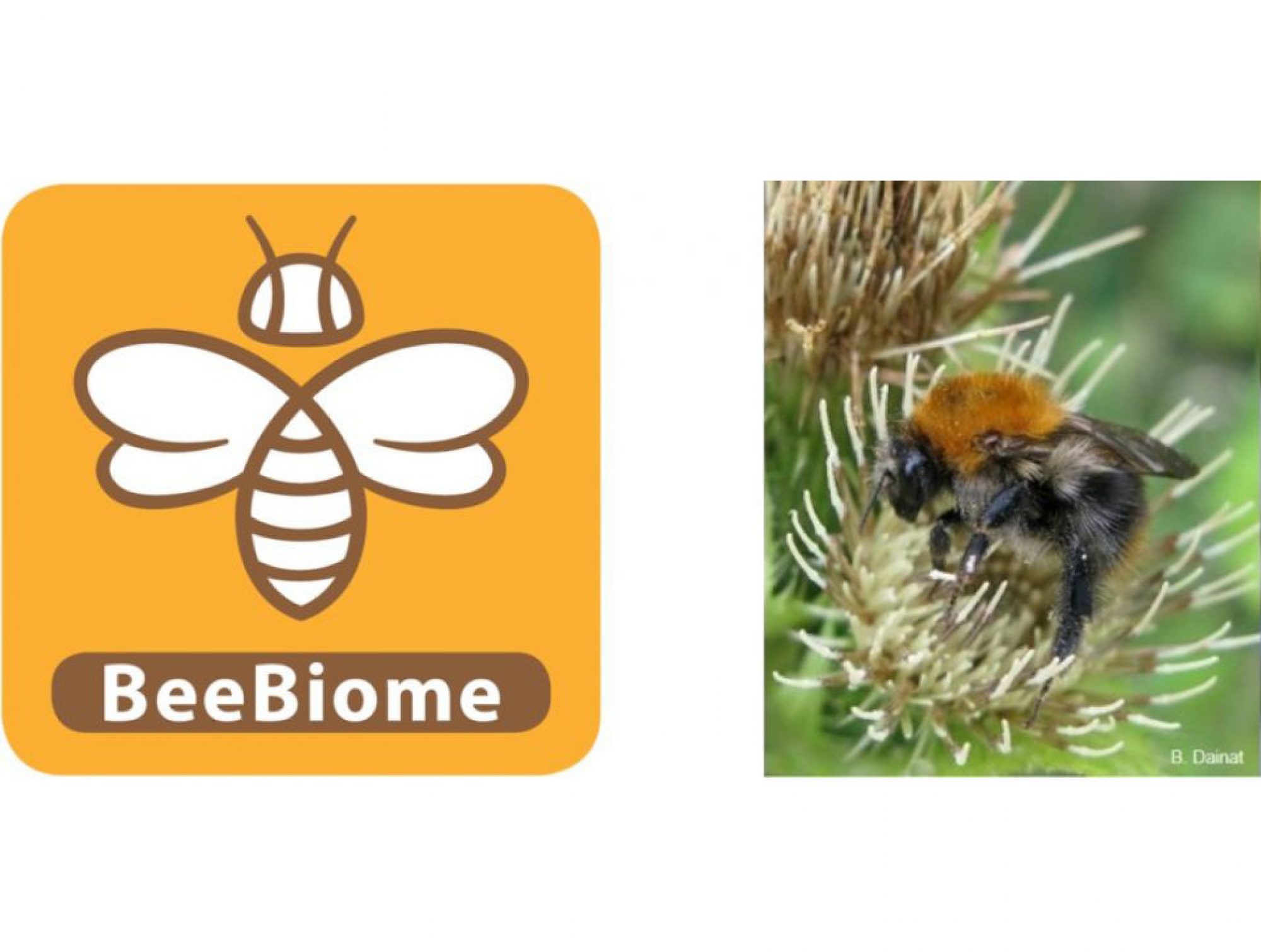Bees have evolved durable relationships with a diverse set of microorganisms, including bacteria, viruses, fungi and protozoa. These microbial communities comprise beneficial and detrimental symbionts and their composition is likely a key determinant for the health status of the host. In addition, the immense diversity of bees in terms of lifestyle and geographic distribution make these animals ideal models to study various factors that influence the evolution of host-microbe interactions.
Bee-associated microorganisms include a diverse set of viruses,
bacteria, fungi, and protists, some of which are important pathogens
of bees. We collectively refer to the microbes associated
with bees as the ‘bee microbiome,’ regardless of whether these
symbionts engage in mutualistic, commensal, or parasitic relationships
with the host.
